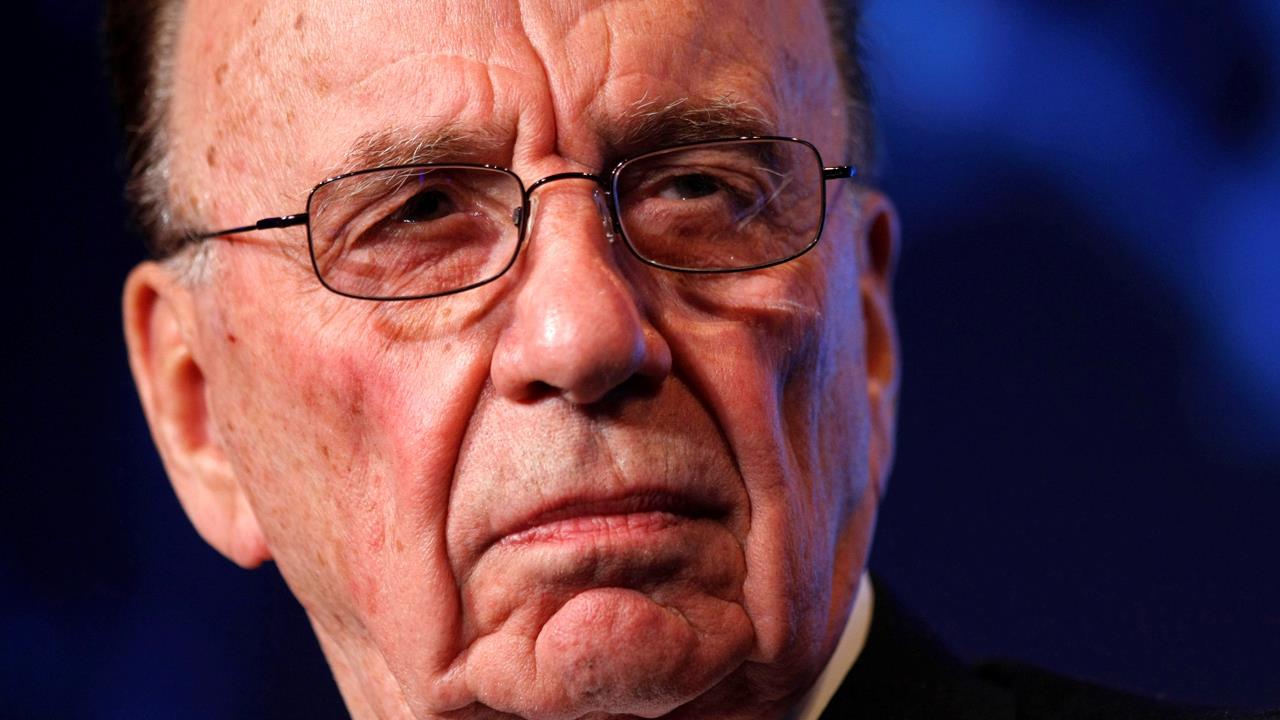Does Disney-Fox deal signal confidence for the AT&T-Time Warner deal?
21st Century Fox Inc. (NASDAQ:FOXA) announced Thursday it will sell select entertainment assets to Disney (NYSE:DIS) for $52.4 billion in stock creating a new company called ‘Fox’ that will house Fox News, FOX Business and Fox Sports.
The deal will combine two of biggest players in Hollywood, which in turn will help Disney fend off digital rivals such as Netflix (NASDAQ:NFLX), Facebook (NASDAQ:FB), and even Amazon (NASDAQ:AMZN), as the ecommerce giant continues to ramp up its digital content.
21st Century Fox Executive Chairman Rupert Murdoch told FOX Business’ Maria Bartiromo that the deal “makes sense” and is vital to keep up with customers’ changing habits.
“There’s a lot of change coming, people watch television differently, not news or business, but entertainment they watch very differently. We are seeing that in the mergers of new companies. Silicon Valley has spent tens and tens of billions on entertainment programming—so it makes sense,” Murdoch said.
Analysts say the new deal could now signal confidence for another pending mega-merger between AT&T (NYSE:T) and Time Warner (NYSE:TWX), which came to a halt last month, when the Justice Department filed a lawsuit to block the $85 billion takeover, which AT&T said it plans to fight in court.
Laura Martin, an entertainment analyst at Needham & Company, told FOX Business that she believes the AT&T-Time Warner deal will get approved now because the government will see that it’s the best thing for customers.
“The government is missing the most important fact that television companies are now competing with tech giants like Amazon, Google, and Facebook and they now need to be on a much larger scale in order to compete with them,” Martin said. “It is the best thing for customers too, giving more viable competition to these technology companies. If not, these tech giants would put them out of business eventually.”
Gene Del Vecchio, a marketing professor at the USC Marshall School of Business, said he believes the Disney-Fox deal will send a signal to Washington that this is the new paradigm and entertainment companies now need to be able make content and distribute it themselves or they simply won’t survive.
“This is the new competitive reality in this world and if the government understands the new competitive reality, they will be more favorable about an AT&T and Time Warner deal,” Vecchio said. “This isn’t the 1950’s anymore. In 2018 and beyond, it’s about the traditional studios trying to compete with the Netflix’s of world and the Amazon’s of the world.”
He also said both the Disney-Fox and AT&T-Time Warner deals are very similar to Comcast (NASDAQ:CMCSA) taking over NBC.
“The whole idea there was that they needed to have quality content and needed to find a way to distribution it and if they didn’t, they may not have survived,” he added.
Earlier this week, former Trump campaign advisor Carter Page argued in court papers that AT&T should not be permitted to buy CNN parent Time Warner Inc. because could lead to “recklessness in journalism.” However, according to Reuters, the DOJ appeared to dismiss his opinion, saying in a brief filing that, “Dr. Page’s submission does not appear to be meaningfully relevant to the issues in this case.”
President Trump has been very critical of the deal from the beginning, he even told reporters last month that he believes the deal is “not good for the country.”
“I think your pricing is going to go up," Trump told reporters during an impromptu press conference late November. "But I'm not going to get involved, it's litigation.”
Additionally, the president has repeatedly attacked the reporting of Time Warner’s CNN throughout his presidency. The DOJ’s lawsuit seeking to block the deal is set to go to trial on March 19, and is expected to last about two weeks.




















